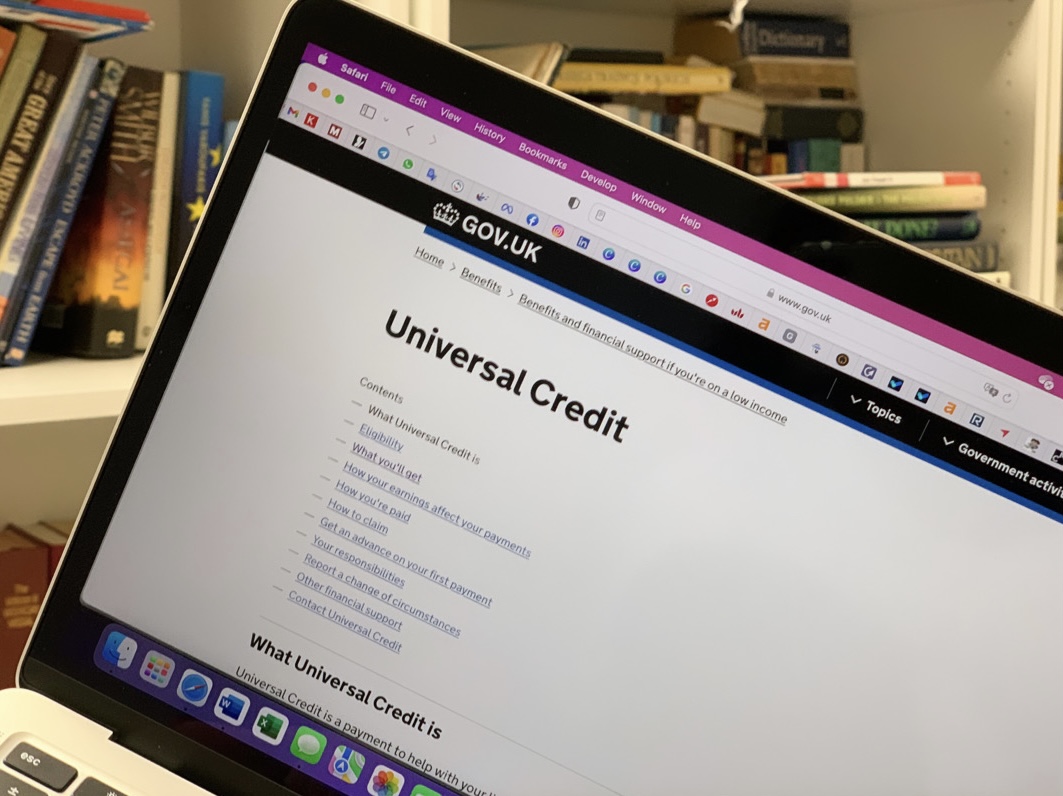 09Sep
09Sep Universal Credit rule changing came this week
Tougher new work search rules for those claiming Universal Credit came into force this week. The government is launching a new “intensive work search” scheme.
There will also be changes to the Administration Earnings Threshold (AET) for those claiming the benefit. The AET rate is being increased from £355 a month to £494 a month, or from £567 a month to £782 a month for joint claims, from September 26
This is the equivalent of an individual working 12 hours per week, or a couple working 19 hours per week between them. If your income is above the AET rates, you will be in the “light touch” workgroup. This means you’re not required to look for work as it stands, and you have less direct contact with the JobCentre.
But if you earn below these amounts, you will be in the “intensive work search” group. This could mean you may be pressured into finding work or taking on more hours in your existing job, in order to keep your Universal Credit.
You will be given the number of hours you have to search for jobs each week. It will depend on your circumstances such as health conditions, childcare commitments etc.
But you face sanctions if you fail to take part in any of your commitments without good reason. This could even lead to your benefits being stopped.
Some of the work activities that you might be asked to take part in include:
- Carrying out work searches
- Making applications
- Creating and maintaining an online history
- Registering with an employment agency
- Creating and maintaining job profiles – however, you must not be mandated to use particular internet or social media sites (this must be entirely voluntary)
- Seeking references
- Any other actions which reasonably increase the likelihood of obtaining employment
Learn more info by following the link.
Based on articles from mirror.co.uk and kentlive.news